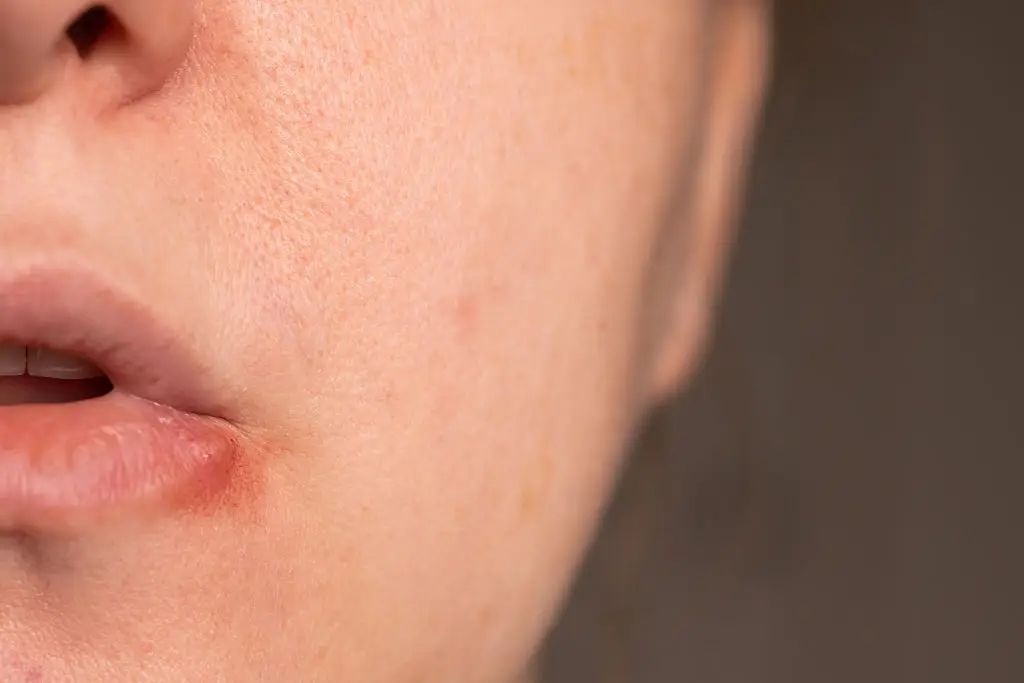12 Ways the Loneliness Hormone Fuels Inflammation and Disease
5. Immune system wear-and-tear: slower healing and infection risk

Loneliness affects not just inflammatory markers but how the immune system performs. Research summarized by trusted health bodies links chronic social stress with weaker antiviral responses and slower wound healing. That means infections may take longer to resolve, vaccines may be slightly less effective in some cases, and recovery from injury can be delayed. The underlying biology includes both hormonal effects — such as dysregulated cortisol — and the gene expression shifts that favor inflammation over antiviral defense. Practically, this contributes to higher illness burden and prolonged recovery times in people who remain socially disconnected. That pattern is especially important for older adults, who already have age-related immune changes. The good news is that interventions that increase meaningful social contact and reduce chronic stress show improvements in immune markers in research settings. Simple actions like tending to social ties, improving sleep, and staying moderately active support immune resilience. These measures don't guarantee perfect protection, but they lower biological vulnerability in ways clinicians recognize as meaningful for long-term health.
6. Cardiovascular damage: blood pressure, inflammation, and plaque

Cardiovascular health is highly sensitive to stress and inflammation — two domains shaped by loneliness. Studies referenced by national health institutes link social isolation and loneliness with higher average blood pressure, greater inflammation, and increased risk for heart disease. The mechanisms include repeated sympathetic activation (the "fight or flight" side of the nervous system), cortisol-driven metabolic effects, and inflammatory signaling that contributes to plaque formation in arteries. Over time, these pathways increase the chance of hypertension, atherosclerosis, and coronary events. Behavioral patterns tied to loneliness, such as poorer sleep, less physical activity, and unhealthier diets, compound biological risks. For readers, that means emotional health and physical heart health are connected in measurable ways. Managing loneliness through social programs, meaningful relationships, and stress-reduction habits offers a dual benefit: easing immediate distress and lowering the inflammatory and hormonal drivers of heart disease. If you have existing cardiovascular risks, talk with your clinician about adding social health as part of a preventive plan along with standard medical strategies.
